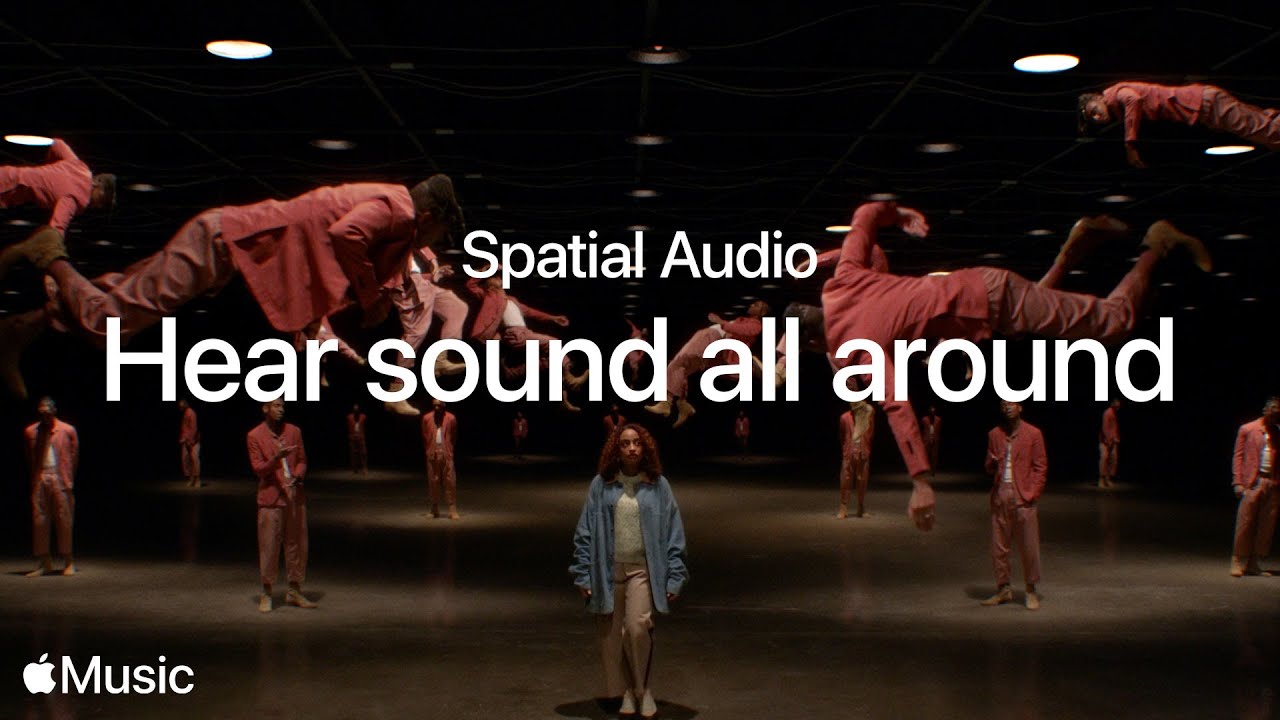
Apple has introduced royalty incentives to encourage music artists and record labels to publish tracks in Spatial Audio.

In an update sent to partners on Monday seen by Music Business Worldwide, Apple said it will pay up to 10% more in royalties for Spatial Audio.
The news follows a Bloomberg report in December that Apple would this year begin prioritizing streams of songs mixed in Dolby Atmos technology in its streaming calculations.
Listeners do not have to listen to the Spatial Audio version of a song for artists to be eligible for the added benefits, with the availability of tracks in Dolby Atmos being sufficient.
According to 9to5Mac, Apple says the 10% bonus is a reward for artists delivering the content, and also compensation to recognize the additional time and effort required to mix in Dolby Atmos.
Apple Music began hosting Spatial Audio tracks in 2021, using Dolby Atmos technology to replicate an in-person music experience with sound coming from various directions around the listener when using compatible speakers or headphones. In February 2022, Apple announced that over half of the service's subscribers used the feature.
Article Link: Apple Music to Pay Artists Up to 10% More Royalties for Spatial Audio Content
Last edited:

